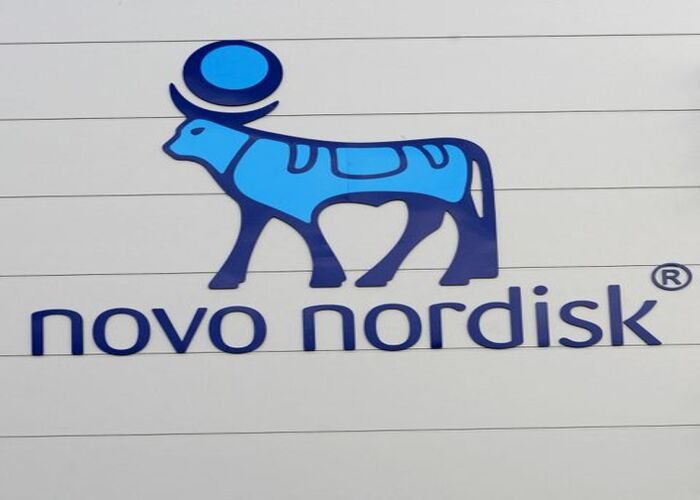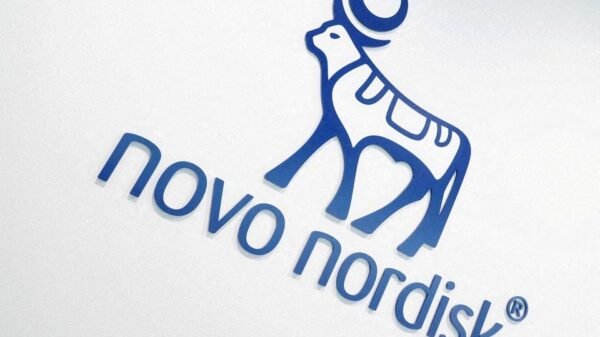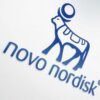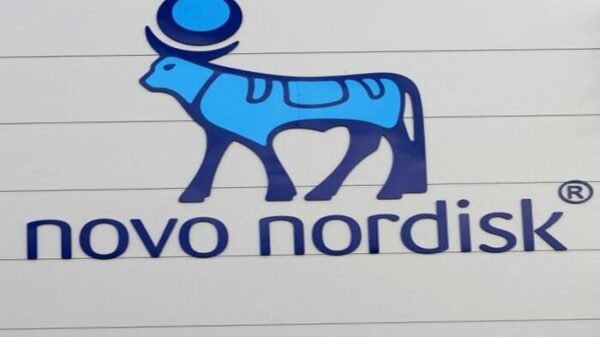Swiss medical technology company Ypsomed (YPSN.S) announced a long-term autoinjector supply arrangement with Novo Nordisk (NOVOb. C.O.), demonstrating how the Danish drugmaker’s weight-loss medicine business benefits pharmaceutical services companies.
Ypsomed said it would grow its manufacturing capacity in the next years, with Novo Nordisk investing heavily in production facilities.
Ypsomed stated the autoinjectors will be used “for various drugs currently undergoing clinical trials” by self-administering drug users for metabolic reasons.
In 2025, Novo will have a “significant capacity” to make autoinjectors.
After opening, Ypsomed shares rose 5%. After the announcement, Ypsomed’s head of investor relations, Thomas Kutt, told Reuters by phone that it will produce autoinjectors for Novo’s “second-generation GLP-1s” in clinical trials.
“We will deliver autoinjectors for this upcoming device, which may be available in two or three years,” he stated.
GLP-1s, like Wegovy, treat diabetes and obesity. First and only one of the newer and more effective GLP-1 weight loss medications licensed in the U.S. in June 2021.
In the five markets where Wegovy employs autoinjectors—the U.S. and four European countries—Novo has struggled to meet demand.
Construction of new factories and recruiting contract manufacturers for supply chain and production duties cost billions. Novo recruited U.S. private contract maker PCI Pharma Services to assemble and package Wegovy, Reuters reported Monday.
Novo declined to comment on the Ypsomed arrangement but directed Reuters to its aim to invest 25 billion Danish kroner ($3.6 billion) “in expanding capacity across all relevant production facilities” this year.
According to an August Bernstein research report, West Pharmaceuticals (WST.N), Ypsomed, and Gerresheimer (GXIG.DE) are the primary self-injection drug component manufacturers.
Healthcare-focused investors and pharma industry analysts told Reuters that shares of companies with “exposure” to the booming obesity market, which some analysts estimate will be worth $100 billion by 2030, are performing well on expectations of increased demand for GLP-1 injection drugs.
Given the rigorous regulatory approval procedure for injection-pen devices, industry experts think Ypsomed’s components may be used for years after winning supply contracts with huge pharma companies like Novo that market these pharmaceuticals.
“Once this is approved, it’s like a Catholic marriage without divorce,” Ypsomed’s Kutt told Reuters.






































Comment Template